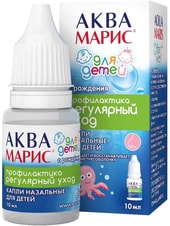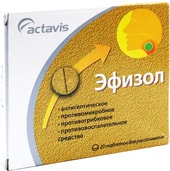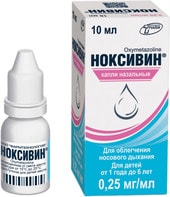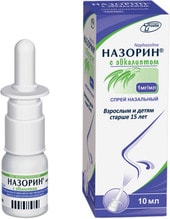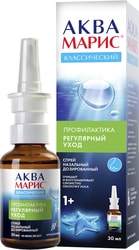Angelica root, a time-honored remedy, offers a wide array of health benefits. Traditionally used to support digestive health, it stimulates bile production, gastric and pancreatic secretions, and intestinal motility, while simultaneously alleviating digestive upset. Its use also extends to respiratory health, providing relief from symptoms of laryngitis, bronchitis, and pneumonia due to its expectorant and diaphoretic properties. Angelica root has a history of use in supporting the central nervous system, offering relief from insomnia, nervous exhaustion, and even epilepsy and hysteria. Its applications are further broadened by its ability to act as a cardiovascular tonic.
Furthermore, angelica root has been traditionally employed for various gynecological conditions, including inflammatory processes, menstrual irregularities (dysmenorrhea), fibrocystic breast disease, PMS, pelvic congestion, uterine tone imbalances, infertility, and menopausal symptoms. It's also valued for potentially enhancing libido and sexual sensitivity in women.
Legend attributes the discovery of angelica's medicinal properties to an angel sent to earth to combat the plague. Its Latin name, Archangelica, reflects this ancient lore. Slavic herbalists revered angelica for restoring vitality after debilitating illnesses and for its traditional use in neutralizing snake venom. Wild angelica thrives across Northern, Central, and Eastern Europe, with significant harvests in Russia (Urals, Western Siberia, and European Russia) and cultivated production in Northern Europe (Netherlands, Belgium, etc.). Primarily, the roots of first-year plants are used, occasionally supplemented by seeds and above-ground parts. Proper harvesting, preserving root integrity, is crucial to maintaining potency, typically occurring in early to mid-autumn.
The therapeutic efficacy of angelica root stems from its diverse chemical composition:
Angelica's essential oil demonstrates potent antibacterial properties, increases the secretion of bodily fluids (bile, sweat, mucus), accelerating detoxification, and stimulates digestive motility. Decoctions soothe intestinal fermentation, relieve stomach spasms, and facilitate expectoration. Infusions help regulate the nervous system, tone blood vessels, and restore energy after nervous exhaustion. Bathes using angelica decoctions offer anti-inflammatory benefits for conditions such as gout and rheumatism. Moreover, angelica honey is valued for its overall strengthening, immunomodulatory, antiviral, bacteriostatic, metabolic-boosting properties, and potential to enhance cognitive function, lower blood pressure, and improve memory and resistance to tumor development.
A minimum course of 5 packages is recommended.
Steep 2 rounded teaspoons of root in 1/4 liter of cold water, bring to a boil, steep for 10 minutes, and strain. Drink hot in small sips, 2-3 cups daily.
Grind roots into a powder. Take 0.5 grams three times daily before meals.
For radiculitis, rheumatic joint pain, gout, arthritis, myositis, and bruises: Steep 1 tablespoon of crushed roots in 200 ml of 70% alcohol for 7 days in a dark, cool place, shaking occasionally, then strain. Apply a small amount to affected areas 2-3 times daily.
15 grams of herb in 300 ml boiling water, steep for 2 hours, strain. Take 2 tablespoons 3-4 times daily before meals.
Helpful for coughs, gastritis, colitis, and pancreatic inflammation: 10 grams of herb in 200 ml boiling water, simmer for 5 minutes, steep for 2 hours, strain. Take 1/4 cup three times daily before meals.
Individual intolerance.

